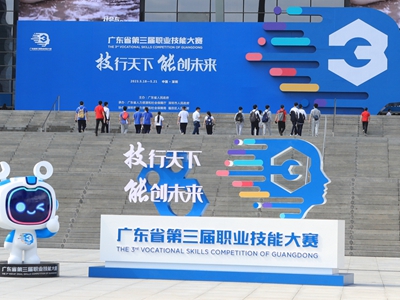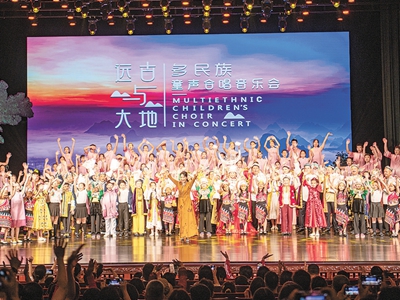【Catch Phrase】偏心美颜(piānxīn měiyán)
.“偏心” means “showing favoritism,” and “美颜” means “pretty face.” This term, coined by Chinese netizens, refers to a tactic often used by narcissistic girls who use Photoshop or other apps to make themselves look prettier in group photos.
2017-04-20
【Catch Phrase】放水(fàngshuǐ)
"放" means to "release," and "水" means "water." The slang term either means "intentionally bending the rules to let someone off the hook" or "losing a sport game on purpose after reaching a deal with the other side."
2017-04-18
【Catch Phrase】即视感(jìshìgǎn)
"即" in this context means "on the spot, at the moment," "视" means "vision," and "感" means "feeling." This term, borrowed from the Japanese term "既视感," which means "deja vu," or "already seen," expresses a feeling that something resembles another thing one has seen before.
2017-04-18
【Catch Phrase】王炸(wáng zhà)
“王” means “king,” and “炸” means “bombing.” Chinese card players often call Jokers “kings,” which in most games are the biggest cards in a deck.
2017-04-14
【Catch Phrase】地表最强 (dìbiǎo zuìqiáng)
"地表" means "on the earth's surface," and "最强" means "best, most powerful." It's unclear who coined the term, but no doubt it is now frequently used by Chinese netizens and media.
2017-04-11
【Catch Phrase】穷游(qióng yóu)
“穷” means “poor,” and “游” means to “travel.” This term, used as the Chinese name for qyer.com, an online travel agent targeting students and those with limited resources, refers to traveling on a budget.
2017-04-10
【Catch Phrase】大二病(dàèrbìng)
"大二" means "sophomore year," and "病" here refers to a "syndrome."
2017-04-06
【Catch Phrase】饭制剧(fànzhìjù)
“饭” is the Chinese transliteration of the English word “fan,” “制” means to “make,” and “剧” refers to a “TV series.”
2017-04-05







